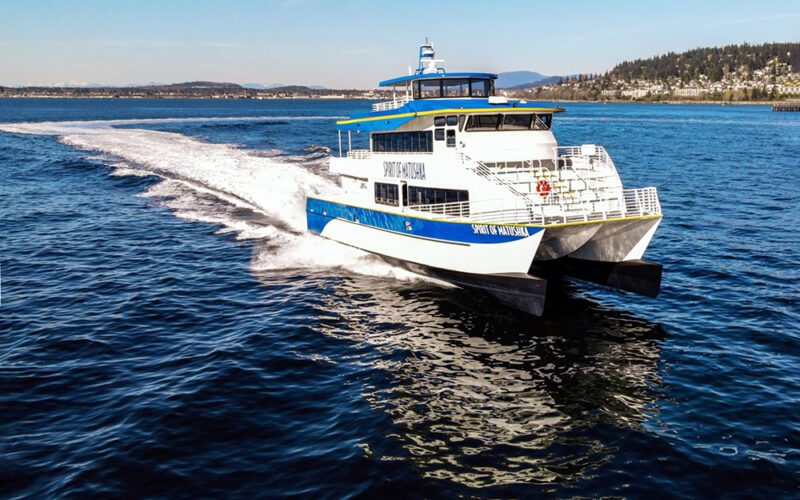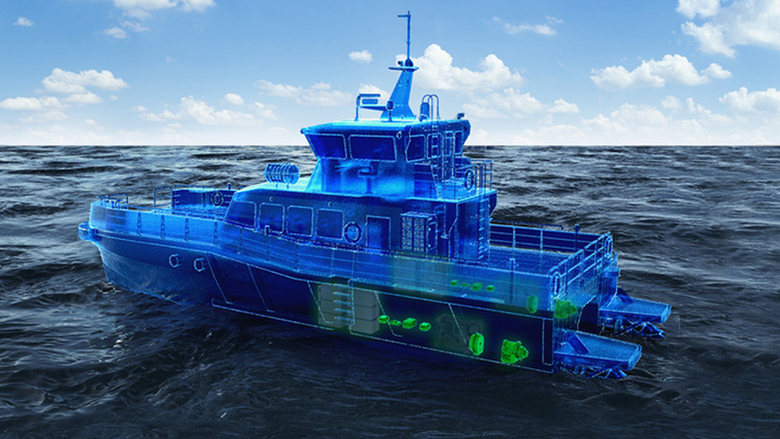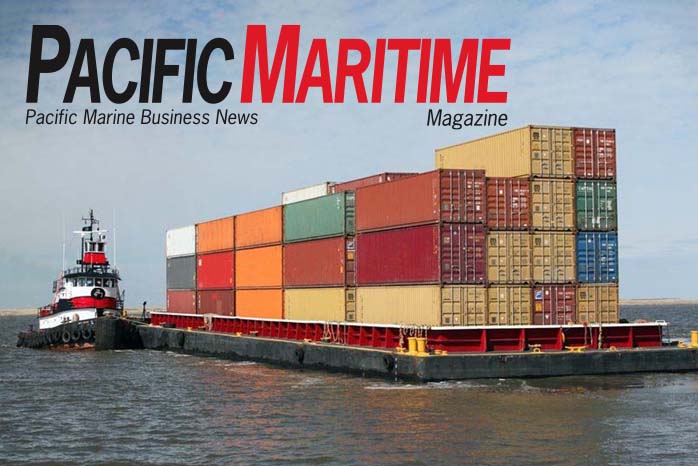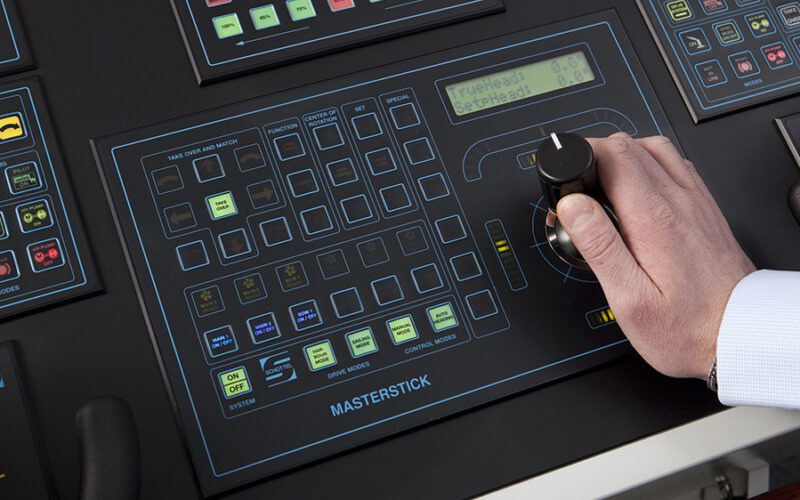It’s common to think “green” when discussing new technologies, including in the marine fuel and propulsion arena. And based on discussions with developers of marine propulsion systems, the green movement is coming – it’s just not quite there yet, and the technology won’t replace standard diesel engines anytime soon. Dave Hughes, a U.S. marine sales manager for Scania, the large Swedish manufacturer, is excited about new green technologies. However, he told Pacific Maritime, he believes diesel power and other traditional propulsion systems will still be in operation and in demand for some time. “There’s been a lot of research and…

Veteran propulsion technology merges with new innovations. The propulsion technology space is a dynamic and important one for maritime professionals. Technologies with generations of proven success merge and clash with cutting-edge new inventions in a globe-spanning market with players jockeying for position. New opportunities like the wind-farm industry spring up alongside more traditional operations such as oil-spill response vessels and Alaskan tourism. Here are a few things on our radar. Scania Scania USA, a subsidiary of Scania CV AB of Sweden, is an importer for industrial and marine engines in North America and a provider of transportation solutions both on…

As transportation moves toward modern, eco-friendly solutions on land, maritime vessels are keeping up with the curve with a focus on developing economically and environmentally friendly solutions. Several companies have recently announced innovations in fuel and propulsion systems on the market that will help marine vessels bridge the gap as they attempt to viably reach zero emissions. In an effort to fight climate change, the International Maritime Organization in 2018 adopted an initial strategy related to reducing greenhouse gas emissions from ships, with a vision of phasing them out within the century. The strategy aims to reduce the carbon intensity…

By Sean Caughlan and Matt von Ruden With a capacity of 2,499 passengers and 202 vehicles, the m/v Tacoma, m/v Wenatchee and m/v Puyallup are the largest of the 21 vessels in the Washington State Ferries fleet. These diesel-electric Jumbo Mark II class ferries, which were built in Seattle and entered service between 1997 and 1999, have provided reliable service on the Seattle–Bainbridge Island and Edmonds–Kingston routes for over 20 years. However, as the largest consumers of diesel in the WSF fleet, they also come with a hefty operational cost and environmental footprint. Over the last decade, WSF has explored…

